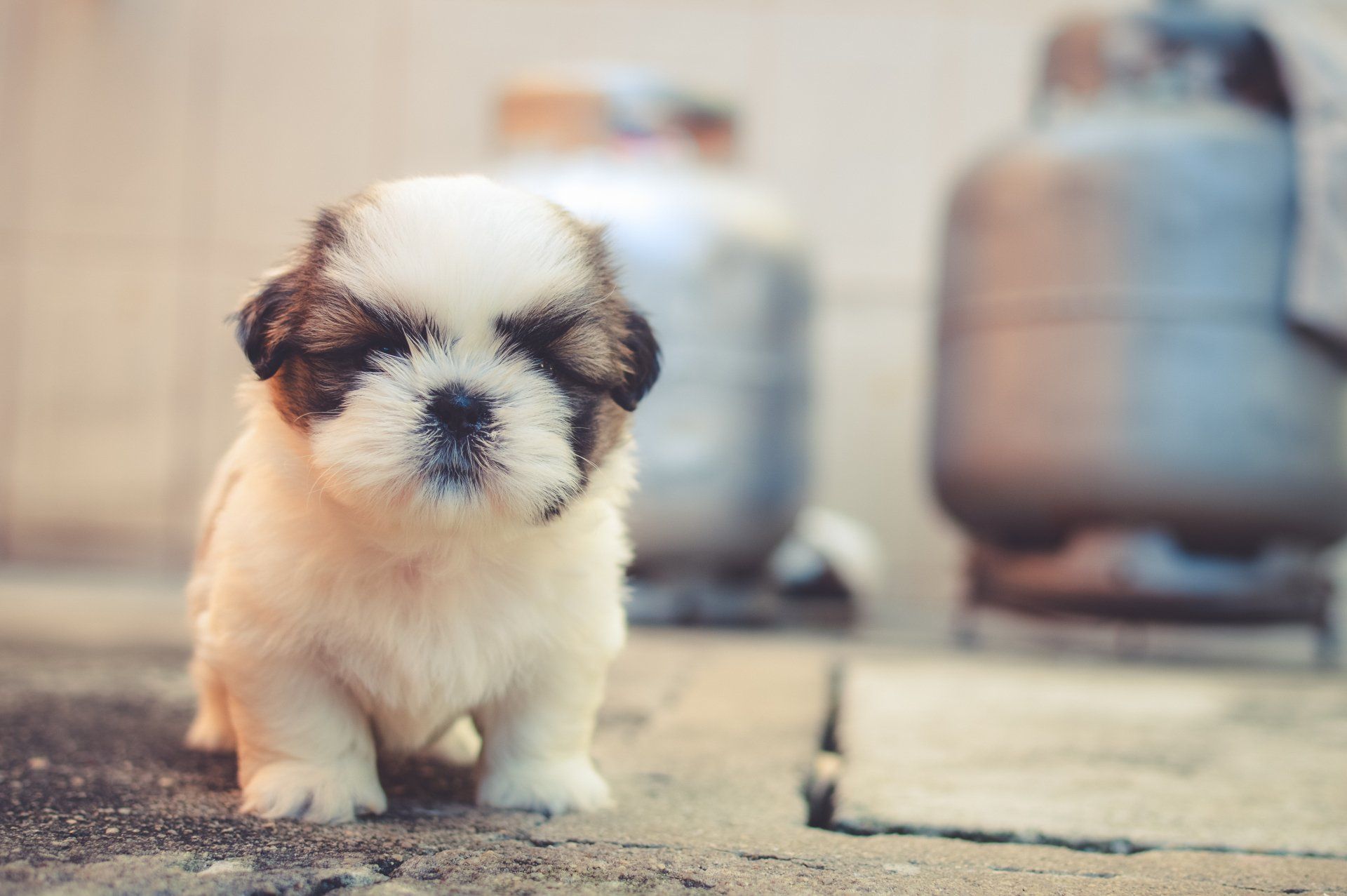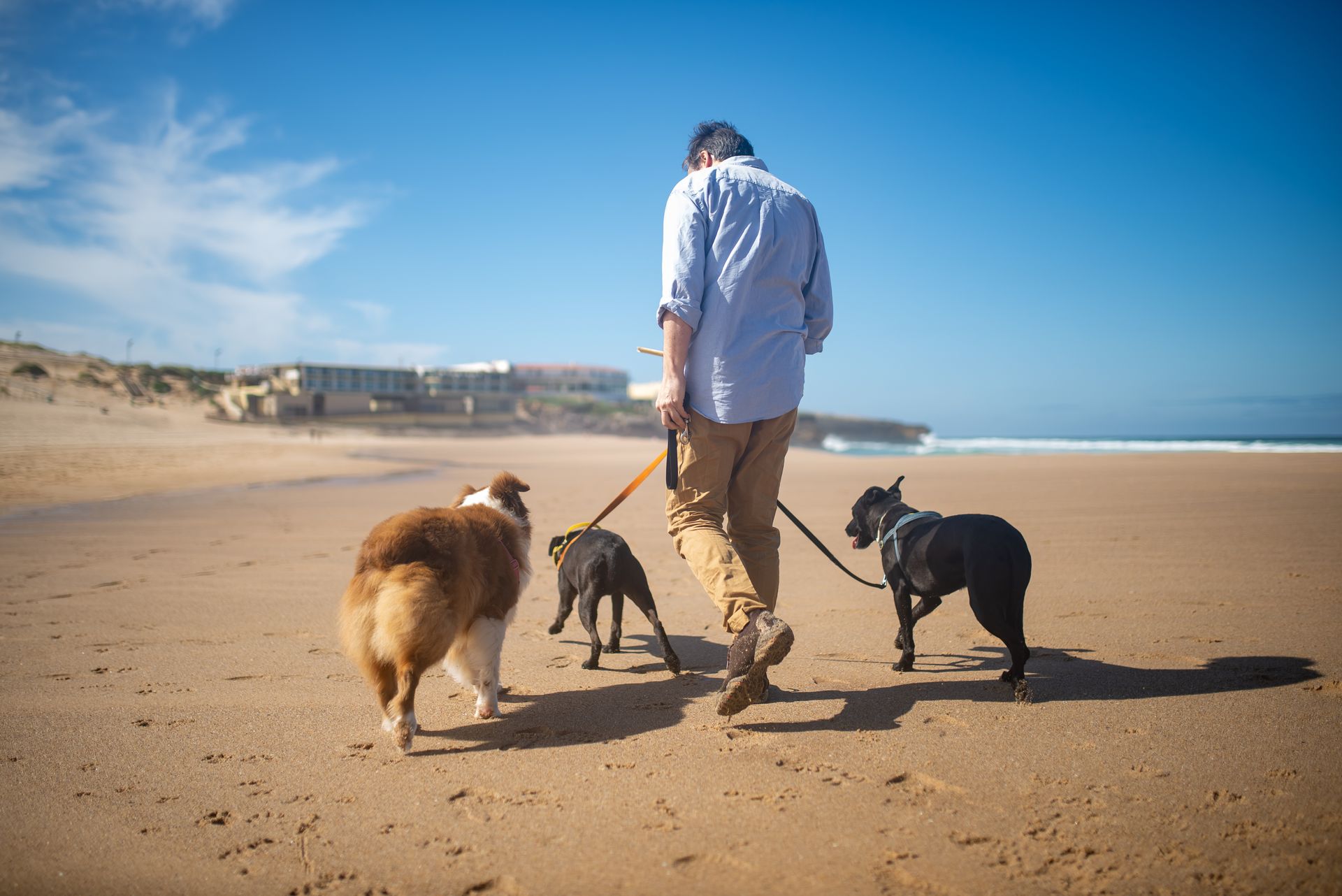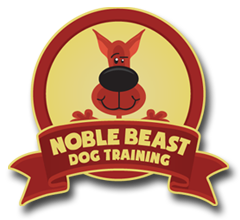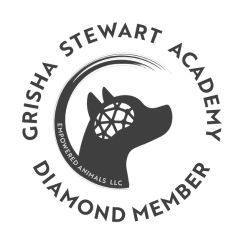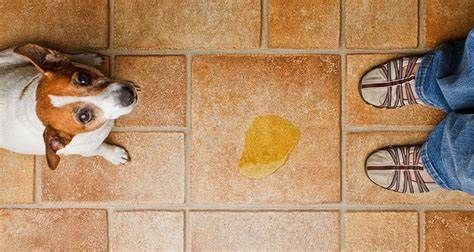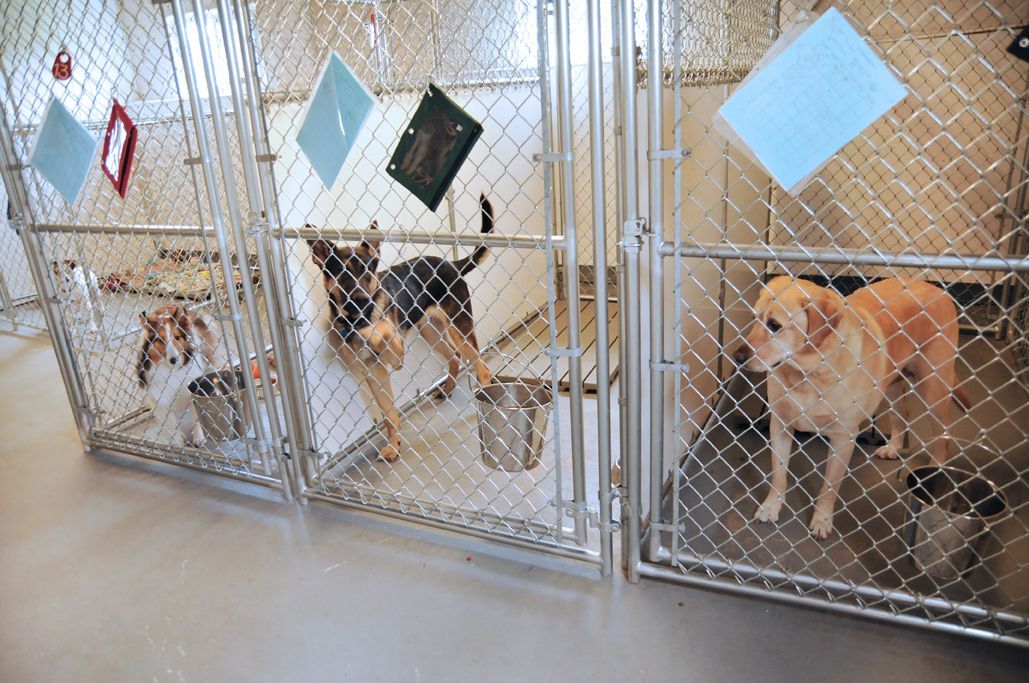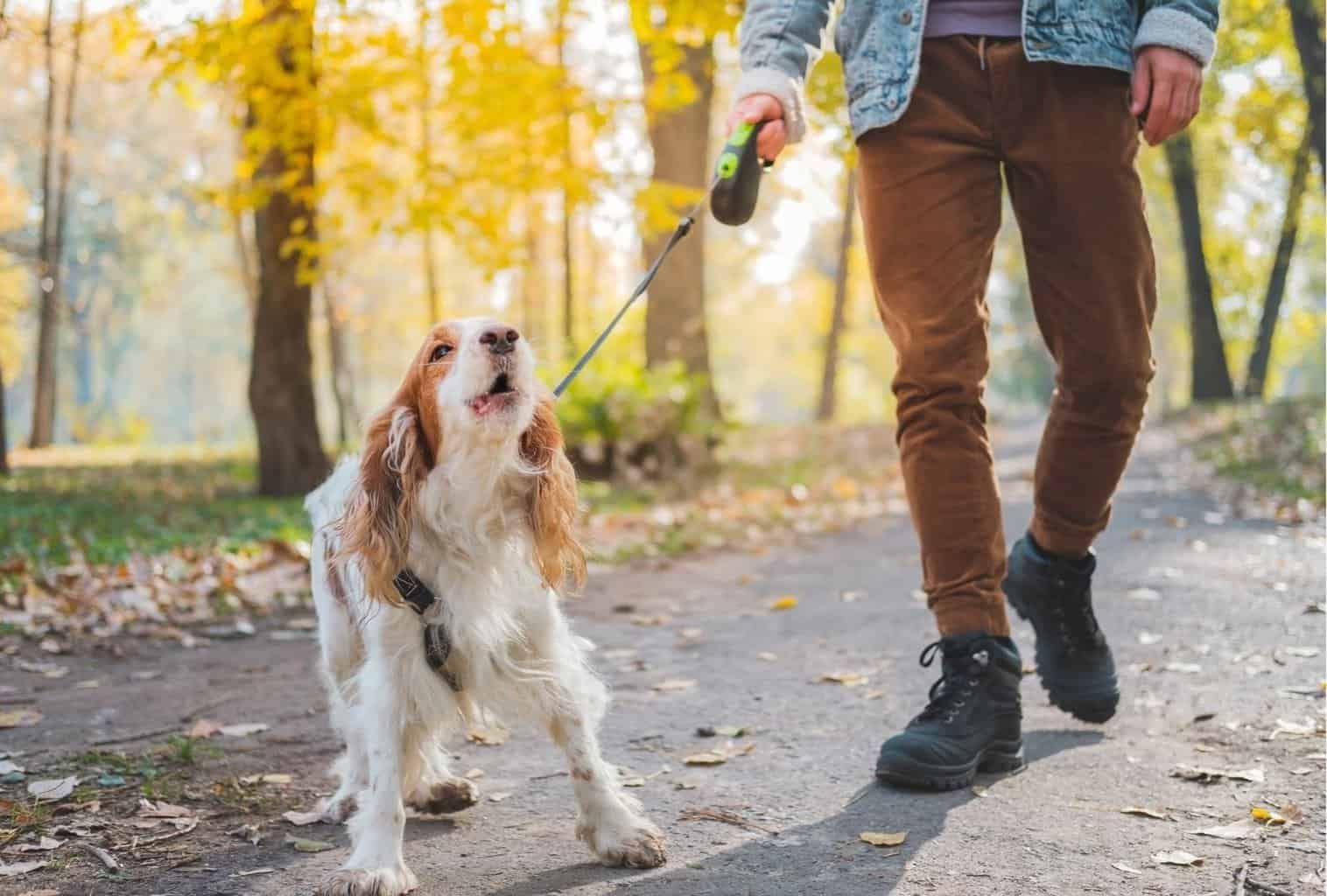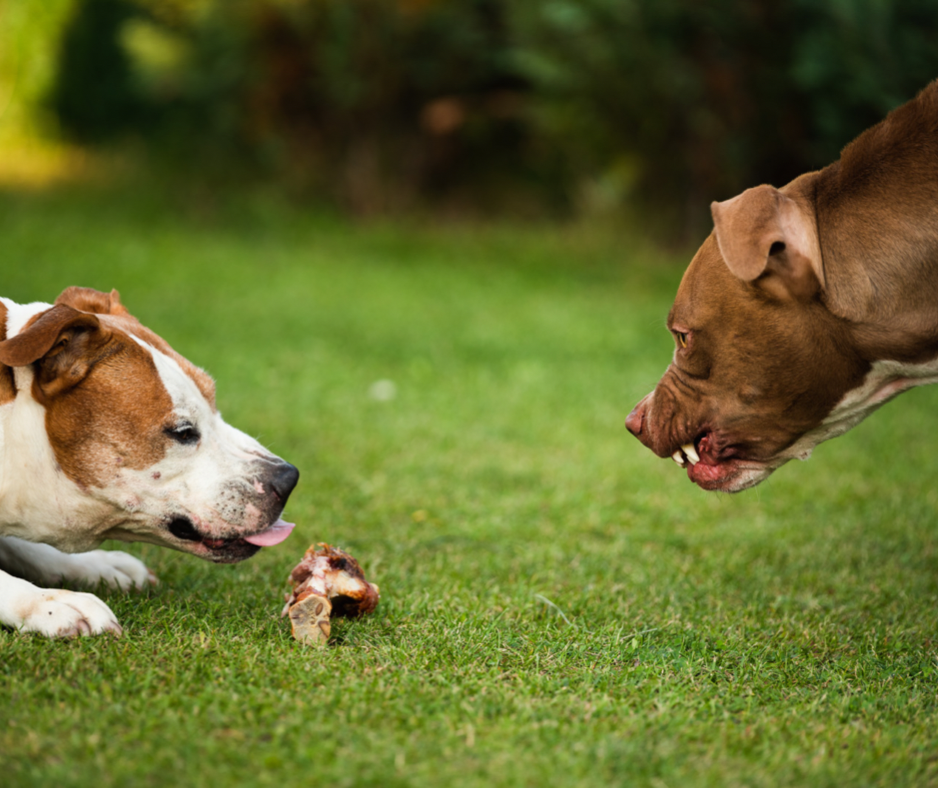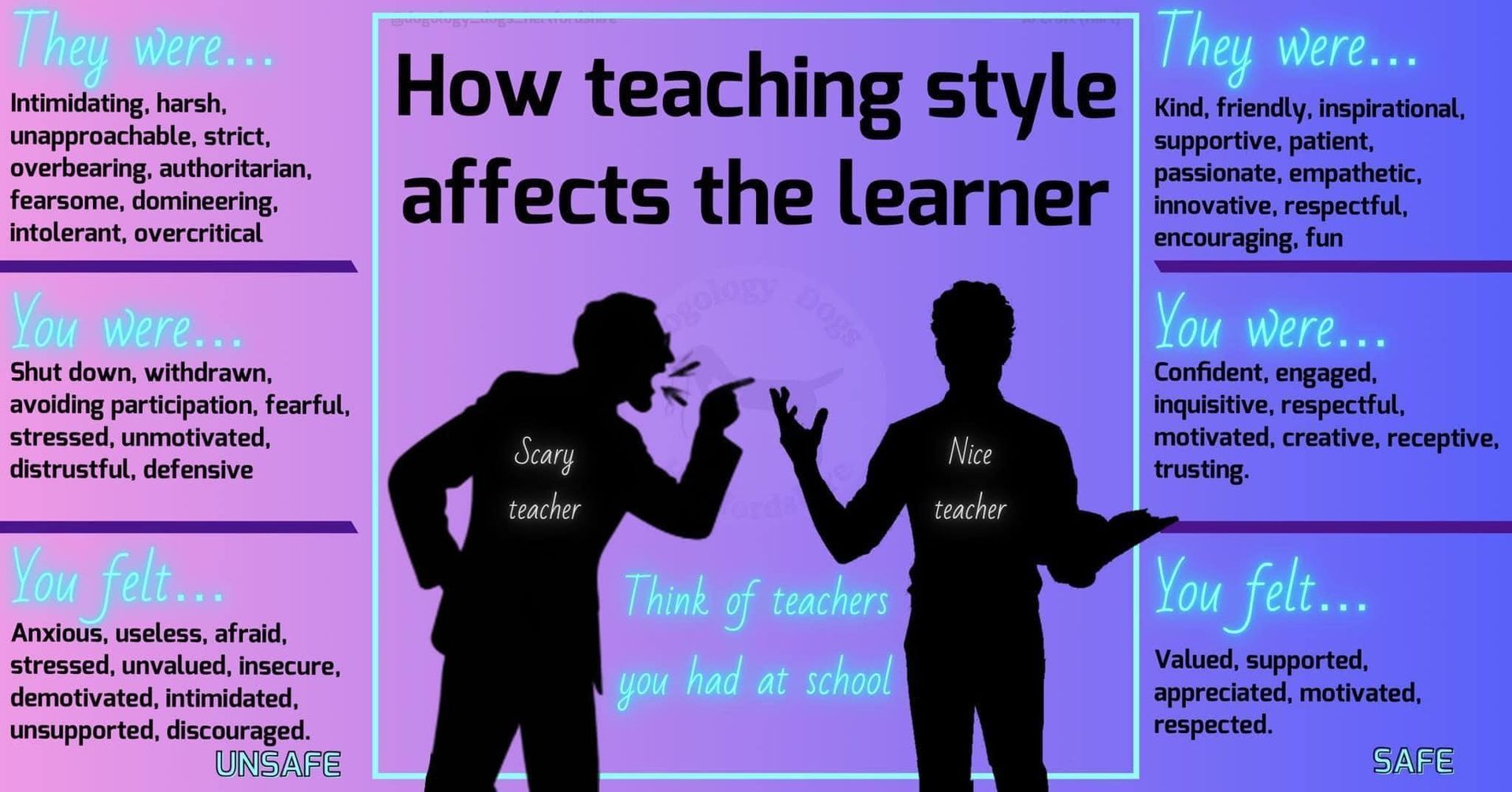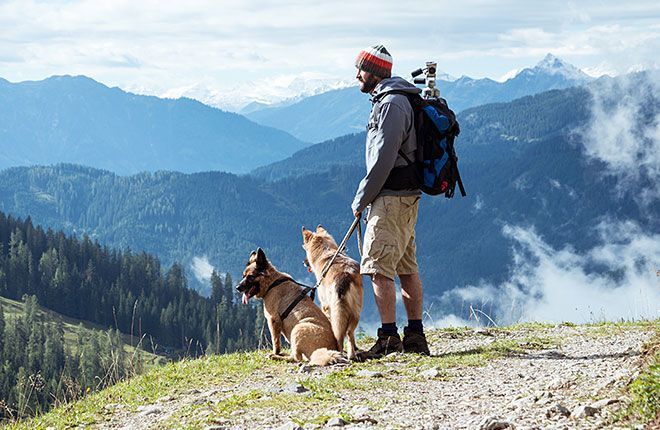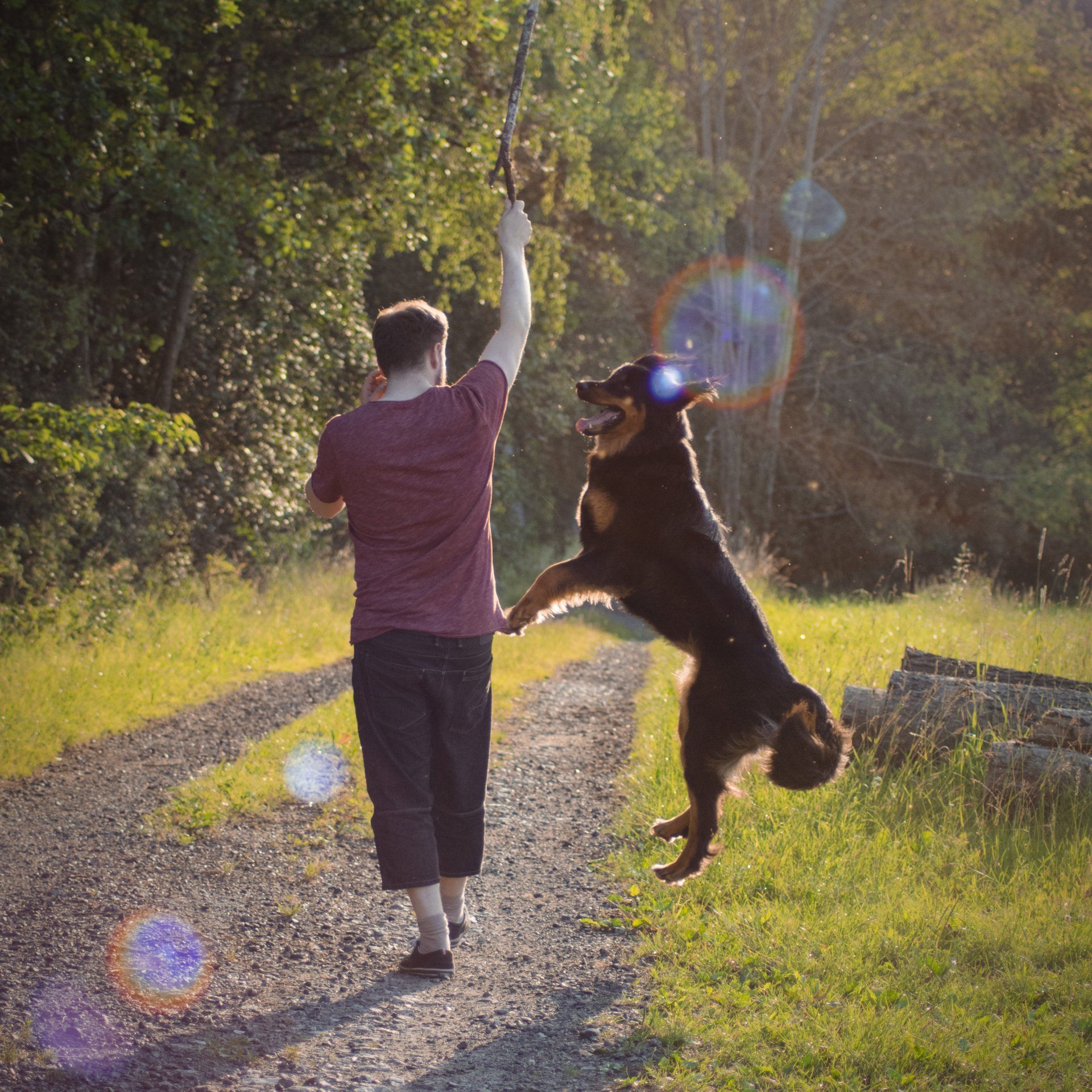HOW TO POTTY TRAIN YOUR PUPPY
Hello Fellow Dog Lovers and Welcome to our Blog!
The four most important things to guarantee success for you and your pup are: SUPERVISION, ROUTINE, LIMITED FREEDOM, and PRAISE (NOT PUNISHMENT). You have to remember that your puppy is still a baby after all and as with all babies, potty training takes time. When your puppy arrives at your house, he doesn’t understand the difference between what we think is good and bad behavior. As far as your puppy is concerned, the carpet is the same as the grass outside other than the fact that it is warmer, cleaner and more comfortable.
This is where supervision and routine come into play. Once you have figured out how your new puppy fits into your busy schedule, you need to commit to a solid routine, watch him very closely when he is running free, and when you can’t watch him, limit his freedom and put him in a confined area. Understand what triggers your pup to go potty – eating, drinking, and exciting play will definitely trigger your pup to have to potty. Make a point of taking him outside shortly after mealtimes, after he has had a drink, and after a good play session. It is best to always take your puppy out the same door and give him access to the same part of the yard - establishing habits related to routine and familiarity. This will teach him to go to that door when he has to go to the bathroom. It is also a good idea to use a cue such as “go potty” when you are bringing him outside, this will train him to understand what you want him to do while he’s outside. Make sure you do not use this time to play. Patiently wait for him to do his business and once that happens it’s time to let him know that he has done something good by praising him, maybe giving him a treat, and allowing him to sniff and play around a bit. Positive reinforcement, giving your pup a reward or rewarding association, is always the best way to teach a puppy he has done something you like and it will encourage him to do it again and again.
If you are unable to keep an eye on your pup for extended periods of time, you may want to consider crate training him. We know that crates look like little jail cells to us but the benefits for this are well worth it in the end. Although there are exceptions to the rule, most puppies will avoid using the area where they rest as a place to poop or pee, as they have a basic desire to keep their “den” clean. However, don’t keep him in there too long! The rule of thumb is he will need to potty however many months old he is plus 1. So if he is 3 months old, he will only be able to hold it for four hours. You never want to use the crate as a punishment area, it is meant to be your puppy’s safe place where they are comfortable and able to sleep and relax. If you put them in the crate when they make a mistake, they will associate this with a bad experience and it will ultimately have the opposite effect on your puppy.
Remember that accidents are bound to happen, so don’t get mad or frustrated with your pup. He will remember and associate going potty with yelling and physical punishment, which can cause your puppy to hide the bad behavior from you. These bad experiences will only teach your puppy that him going potty makes you upset and scary, which can lead to other bad behaviors later on.
Patience, vigilance and consistency
matched with supervision, routine, limited freedom and praise –
that’s the key to a potty trained puppy!
We do offer Puppy and Dog Training classes in Denver! So if you are looking for a fun place to bring your puppy or if you are struggling with training have a look through our services or contact us directly and we can help you, and your pup, get training!
